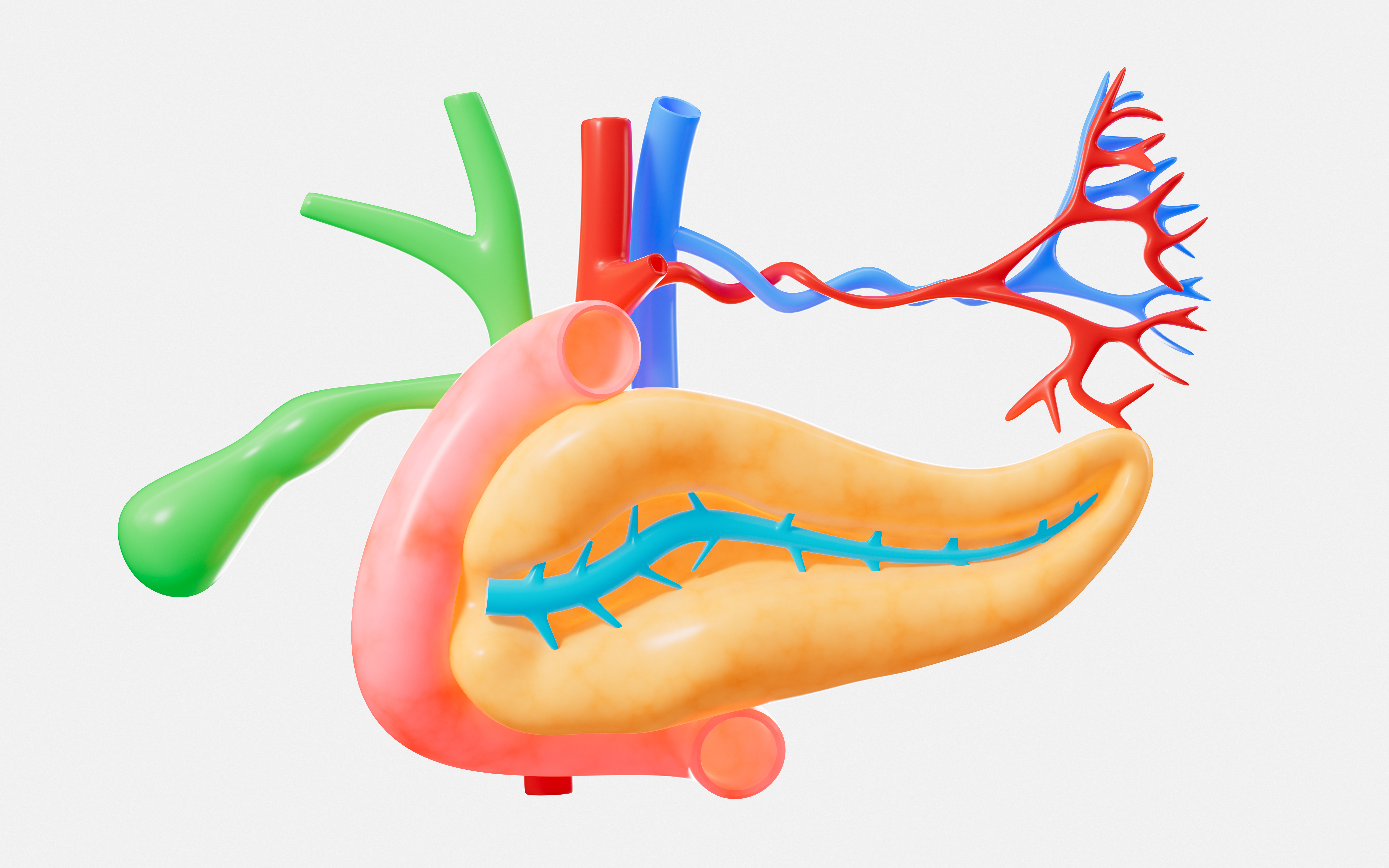The study focuses on understanding Huntington’s disease (HD) pathology during human brain development using human cortical organoids (hCOs). Researchers replicated altered brain development seen in HD fetuses using HD patient-derived hCOs. These HD-hCOs exhibited various pathological features, including deficient neural tube junctions, delayed neuronal maturation, and dysregulated fate specification of cortical neuron subtypes. They also observed abnormalities in early subcortical projections during brain development, indicating a link between impaired progenitor cells and disorganized cortical layers in HD brains. Additionally, the study identified novel long, oriented polyQ assemblies of mutant huntingtin (mHTT) in the hCOs, which affected Golgi structure and function. Inhibiting a protein called ADP-ribosylation factor 1 (ARF1) disassociated these polyQ assemblies from the Golgi, leading to impaired neural tube junctions. This suggests that endogenous polyQ assemblies with mHTT disrupt normal brain development in HD-hCOs by affecting Golgi structure and function through ARF1.
Keywords: Endogenous mutant Huntingtin, brain development, human cortical organoids



